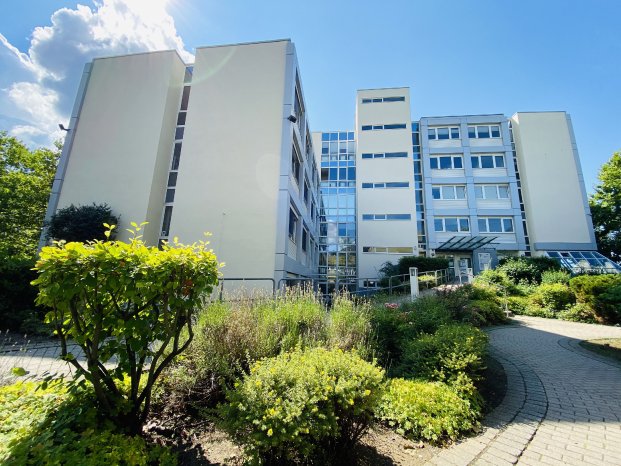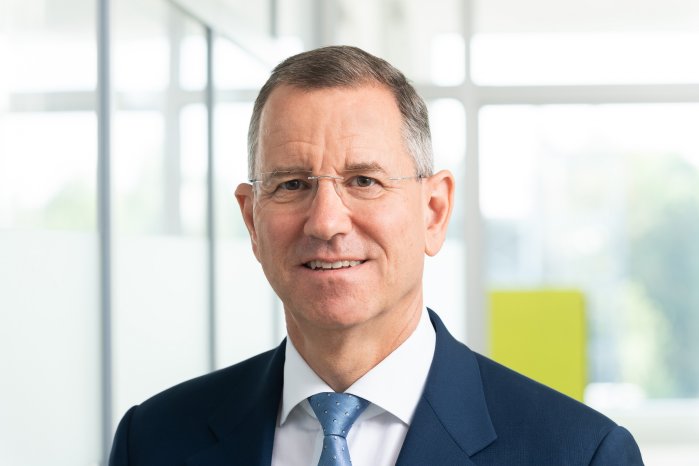The importance of medical advances for those affected is shown by numerous daily limitations in quality of life: DFU and CVU patients suffer from open foot and leg wounds, which often do not heal for years. Reduced mobility, pain, and risk of infection, and resulting psychological suffering, burden patients significantly.
A particularly challenging disorder is recessive dystrophic epidermolysis bullosa (RDEB). In RDEB patients, the skin is extremely vulnerable due to congenital genetic defects. Pronounced fragility of the skin leads to blistering or skin loss in the presence of even the slightest friction or strain. The resulting wounds heal very slowly, often without wound closure, and as a result lead to disfiguring scars that frequently also result in physical disability.
In its most severe forms, dystrophic epidermolysis bullosa (DEB) can lead to death in early childhood.
In three parallel clinical trials, RHEACELL has now successfully demonstrated the efficacy and safety of ABCB5-positive mesenchymal stem cells (ABCB5+ MSCs) in these disorders. Patients with DFU, CVU or RDEB were treated in three separate Phase IIa multicenter trials. The now completed trials for DFU and CVU were conducted in cooperation with several hospitals in Germany. The international Phase IIa trial for RDEB was conducted at multiple centers in the United States, the UK, Austria, France, Italy, and Germany.
Regarding the study results, Dr. Christoph Ganss, physician, and CEO of RHEACELL, says: “In these studies, it was successfully demonstrated that highly purified ABCB5-positive mesenchymal stem cells modulated the patient’s immune system to promote wound healing, enabling the body to close the chronic wounds. In approximately 80 percent of DFU or CVU patients, the chronic wounds were reduced by an average of 72 and 82 percent, respectively, and even complete wound closures were observed.
The study for RDEB also showed positive results: Systemically administered allogeneic ABCB5+ stem cells significantly reduced disease activity due to their immune-modulatory and anti-inflammatory mechanism of action, leading to improvement within the local wound environment and, as a result, significant improvement of the overall health condition of treated patients.
The starting material for generating ABCB5+ MSCs in high numbers is allogeneic human donor skin. These stem cells are manufactured by TICEBA GmbH, Heidelberg, in a patented process. Using this method, highly purified stem cells can be manufactured in large numbers, reliably isolated, and finally produced as a highly purified, homogeneous drug substance [highly functional manufactured stem cells (H.F.M stem cells)]. These ABCB5+ MSCSs are classified by the European Medicines Agency (EMA) as an Advanced Therapy Medicinal Product (ATMP), which is manufactured under good manufacturing practice (GMP) in accordance with §13 paragraph 1 of the German Medicinal Products Act (AMG).
Following demonstration of efficacy and safety of the ATMP in the completed Phase IIa clinical trials, the data obtained will be used for further clinical development of the drug. The necessary clinical trial phases (IIb/III) are currently in preparation. Final analyses of the results of the three now concluded studies are expected to be completed within the next several weeks and will subsequently be submitted for publication in the peer-reviewed literature.
Priv.-Doz. Dr. med. A. Kerstan, principal investigator of the CVU and DFU studies, Department of Dermatology at the Würzburg University Hospital states:
"Patients with chronic wounds often have a long history of suffering. These patients need new treatment options that have been developed and reviewed on a solid scientific basis. Stem cells may make the crucial difference for these patients. These study results show that achieving a normal life is possible for those patients. We should seize this opportunity.”




